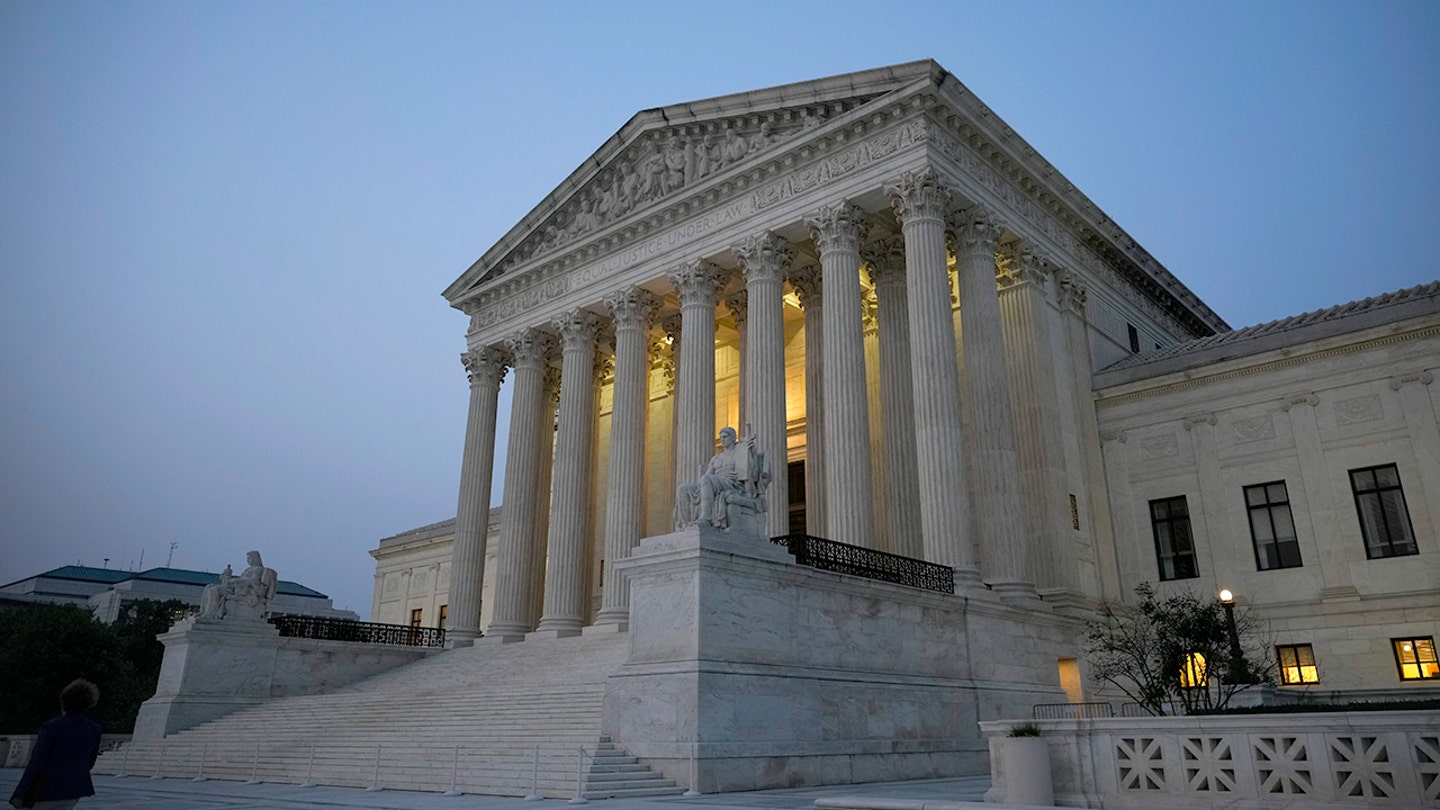
Trump administration wins Supreme Court fight to slash NIH medical research grants tied to DEI, LGBTQ studies
Entities mentioned:
- Trump administration: Power, Control, Righteousness
- Supreme Court: Duty, Justice, Influence
- National Institutes of Health (NIH): Professional pride, Duty, Obligation
- Judge Angel Kelley: Justice, Duty, Moral outrage
- Justice Department: Duty, Loyalty, Control
- American Public Health Association: Moral outrage, Professional pride, Righteousness
- Democrat-led states: Moral outrage, Justice, Competitive spirit
- Association of American Universities: Professional pride, Wariness, Freedom
Article Assessment:
Credibility Score: 75/100
Bias Rating: 55/100 (Center)
Sentiment Score: 30/100
Authoritarianism Risk: 65/100 (Authoritarian Tendencies)
Bias Analysis:
The article presents multiple viewpoints, including those of the administration, opponents, and neutral parties like news outlets. However, there's slightly more space given to concerns about the cuts, which could suggest a slight lean towards the opposition's perspective.
Key metric: Federal Research Funding
As a social scientist, I analyze that this Supreme Court decision significantly impacts federal research funding, particularly in areas related to diversity, equity, inclusion, and LGBTQ studies. The ruling allows the Trump administration to cut $783 million in NIH grants, which could have far-reaching effects on biomedical research and scientific progress. This decision reflects a broader ideological conflict over the role of DEI initiatives in government-funded research. The potential chilling effect on research into politically sensitive topics could alter the landscape of scientific inquiry in the US, possibly slowing advancements in critical areas like cancer and Alzheimer's research. The split decision (5-4) also highlights the political divisiveness of the issue and the significant role the Supreme Court plays in shaping research priorities and funding allocation.

Trump administration targets Harvard’s patents
Entities mentioned:
- Trump administration: Control, Power, Influence
- Harvard University: Self-preservation, Professional pride, Influence
- Howard Lutnick: Duty, Control, Influence
- Alan Garber: Self-preservation, Professional pride, Duty
- Linda McMahon: Duty, Influence, Competitive spirit
Article Assessment:
Credibility Score: 75/100
Bias Rating: 55/100 (Center)
Sentiment Score: 35/100
Authoritarianism Risk: 65/100 (Authoritarian Tendencies)
Bias Analysis:
The article presents multiple viewpoints and cites specific actions and statements, indicating an attempt at balanced reporting. However, there's a slight tilt towards framing the situation as the Trump administration pressuring Harvard, rather than an equal exploration of both sides' perspectives.
Key metric: Federal Research Funding
As a social scientist, I analyze that this article reveals a significant escalation in tensions between the Trump administration and Harvard University, primarily centered around federal research funding and intellectual property rights. The administration's actions, including the threat of invoking the 'march-in' process under the Bayh-Dole Act, represent a substantial pressure tactic that could have far-reaching implications for academic research and university autonomy. This conflict is part of a broader pattern of the administration's approach to elite educational institutions, which includes freezing federal funding and restrictions on international students. The situation highlights the complex relationship between government, academia, and intellectual property in the United States, and raises questions about the balance of power between federal authorities and educational institutions. The mention of recent agreements with other universities suggests that the administration is using a carrot-and-stick approach, potentially aiming to reshape the landscape of federally funded research and the autonomy of universities in managing their intellectual property and student services.
- Read more about Trump administration targets Harvard’s patents
- Log in to post comments